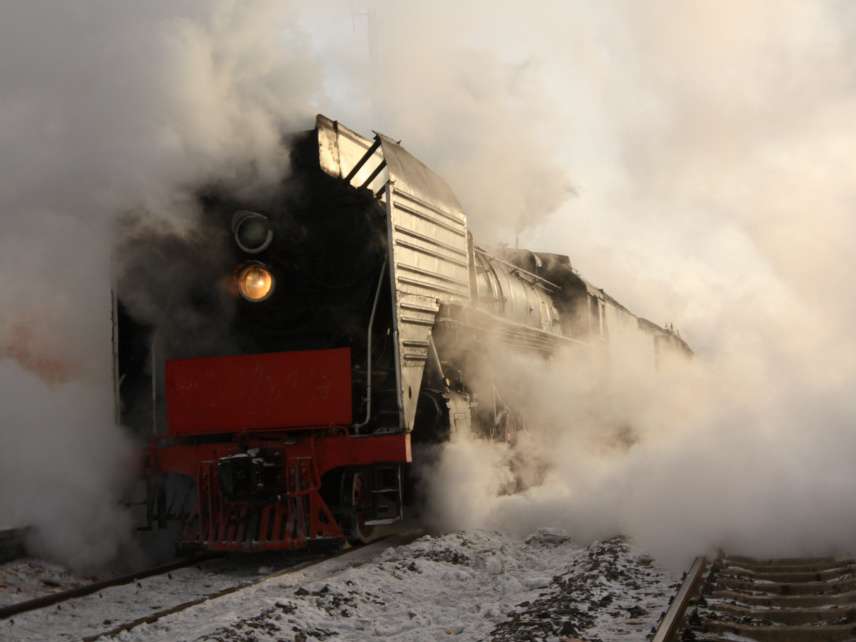New York Considers Legalizing, Taxing Weed to Save Its Ailing Subway System
Legalized pot is great. Taxing it to pay for public transit is not.

The New York City subway system has fallen on hard times. Decaying infrastructure has led to overcrowding, service cuts, fires, declining on-time rates, and an exodus of riders. The system is atrociously inefficient, and the state and local officials who share responsibility for it seem more interested in swapping barbs than fixing problems.
Enter three New York University (NYU) transportation experts. In a new report, they argue for a novel way of fixing the failing subway: legalizing marijuana.
"Subways need a dedicated revenue source with the potential for growth in future decades—one that does not divert funds from other public services, and that has yet to be tapped by the state and local government," they write. Taxing recreational pot, they argue, "offers New York State a unique opportunity" to generate that revenue.
The idea has gotten write-ups in The New York Times, the New York Post, Vox, and Curbed, with the consensus seeming to be that it would be a small step in the right direction, even if it won't generate nearly enough money to pay for all the needed repairs. (A state-wide pot sales tax of between seven and 15 percent could pull in somewhere between $110 and $428 million a year—far less than the $40 billion needed to shore up the entire system.)
Some politicians are getting on board with the plan, too. "The biggest issue we hear about as elected officials is the state of the subway system," City Council Speaker Corey Johnson tells the Times. "To be able to tie these things together is something that could be highly impactful and potentially transformative."
But there are problems with this idea. For starters, it would push New York's subway system even further away from an ideal where those who ride it pay the costs of its operation.
"Unlike the bus service in Paducah, which is going to need some type of subsidy, the New York City subway system ought to very pretty close to recouping its full cost from fare box revenue, advertising, financing, etc.," says Baruch Feigenbaum, a transportation expert with the Reason Foundation, the nonprofit that publishes this website.
The state's Metropolitan Transportation Authority (MTA)—which runs New York City's subway, its buses, and other regional rail lines—currently recoups about 40 percent of its operating expenses from farebox revenue. That's higher than most transit agencies in the U.S., but well below what could come from riders in the densest, most populous city in the country, says Feigenbaum.
He suggests the MTA try things like charging higher prices for longer subway rides—as opposed to the current flat per-ride fee—or charge variable rates on the given time of day, with higher fares for crowded rush-hour commutes and lower ones in the middle of the day.
The costs these changes don't cover could be recouped through other financing mechanisms, such as value capture financing, whereby property owners pay a slice of the increased values of their land from the proximity to subway lines toward the operation of the subway itself.
A more user-fee-oriented model wouldn't just provide more revenue, says Feigenbaum. It would also make the subway system function better.
Getting more revenue from riders would make transit officials more interested in pleasing riders, as opposed to pleasing the political actors holding the purse strings. Tying revenue to actual usage would also give transit planners better information and better incentives to run trains where and when people want to use them.
If there's surge pricing during rush hour for instance, it makes it more worthwhile to run additional trains during that time.
"If you could get the subway to operate like something close to a business," says Feigenbaum, "the fees would offer predictability in terms of how you're budgeting and in terms of how you're planning for the future."
The marijuana plan would also shift the burden of paying for the subway onto something that has no rational relationship to it. That's especially true when one considers the fact that the NYU report is suggesting a state tax, putting stoners in Buffalo and Albany on the hook for New Yorkers' commutes.
The NYU report argues that because marijuana is currently illegal, legalizing and taxing it won't take revenue from existing programs. In addition to basically treating growing government as a value-neutral proposition, this ignores the opportunity costs of spending each new dollar of cannabis tax revenue.
Every dollar of that money that goes to the subway is a dollar that doesn't go to another public program that has a more rational relationship to marijuana use—education programs designed to discourage underage consumption, say.
At the end of the day, a lot of the problems experienced by both the New York City subway system and the state's black market for recreational marijuana could be solved by treating both more like normal private businesses. That would certainly be a lot better than taxing one to pay for the other.
Rent Free is a weekly newsletter from Christian Britschgi on urbanism and the fight for less regulation, more housing, more property rights, and more freedom in America's cities.


Show Comments (39)